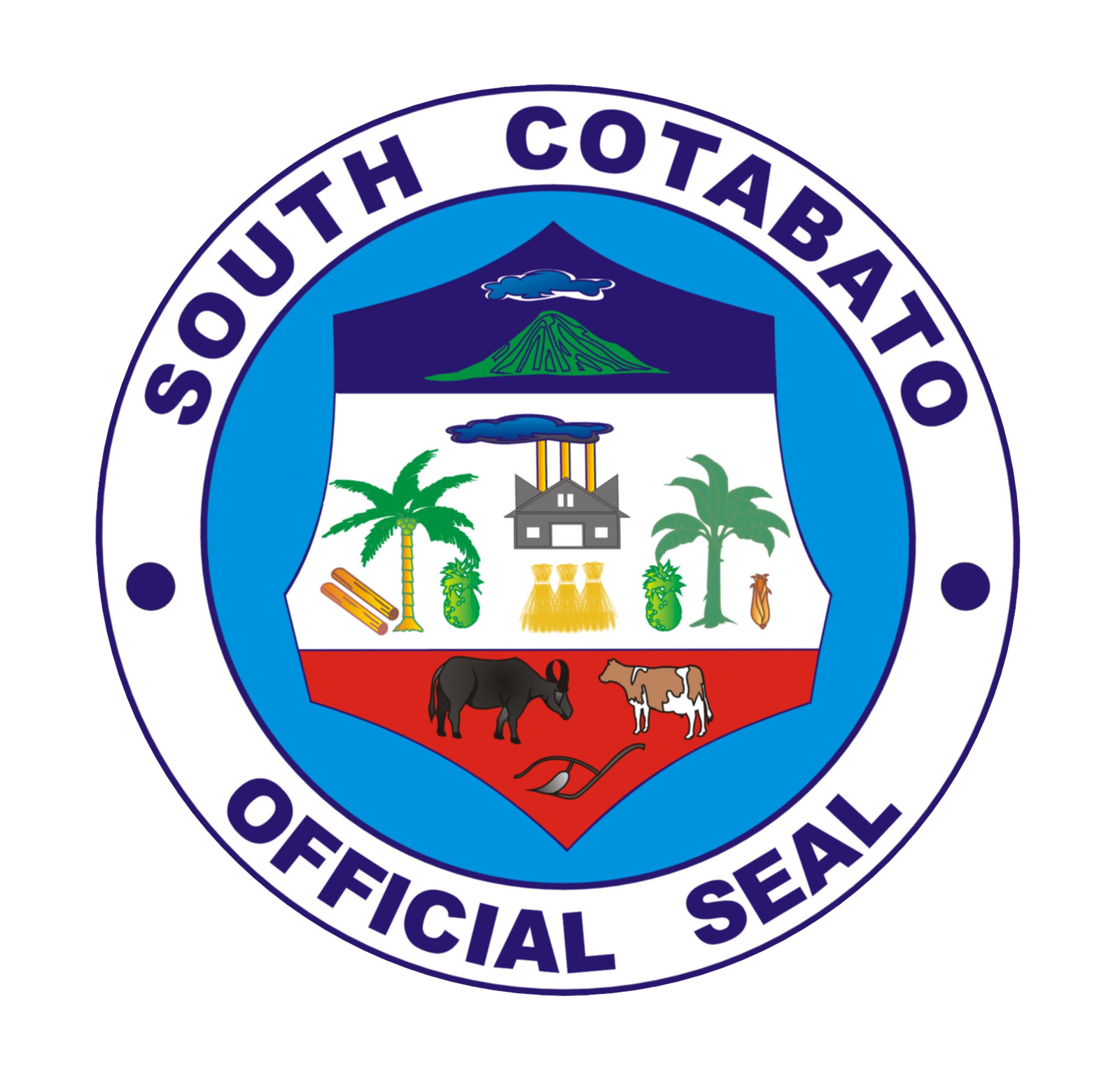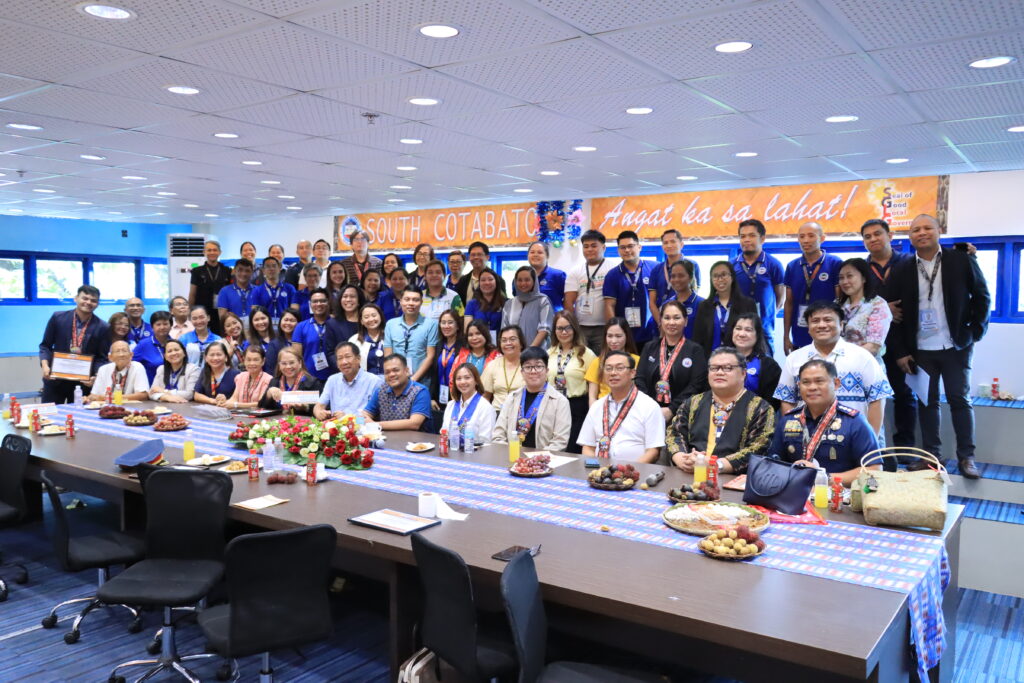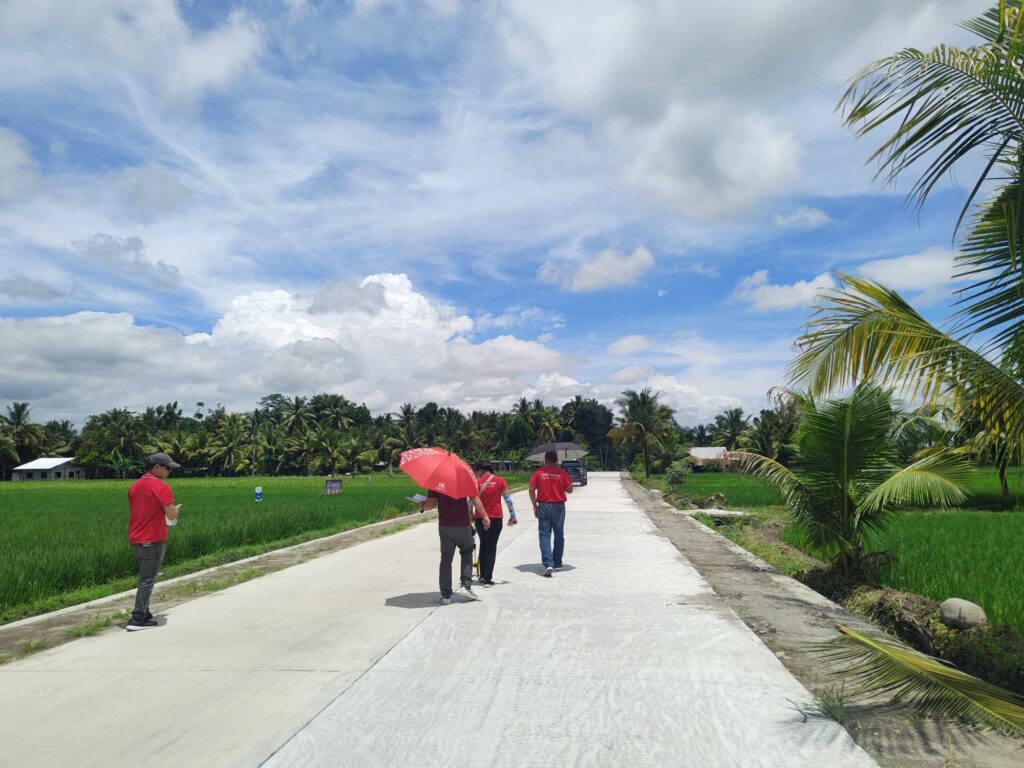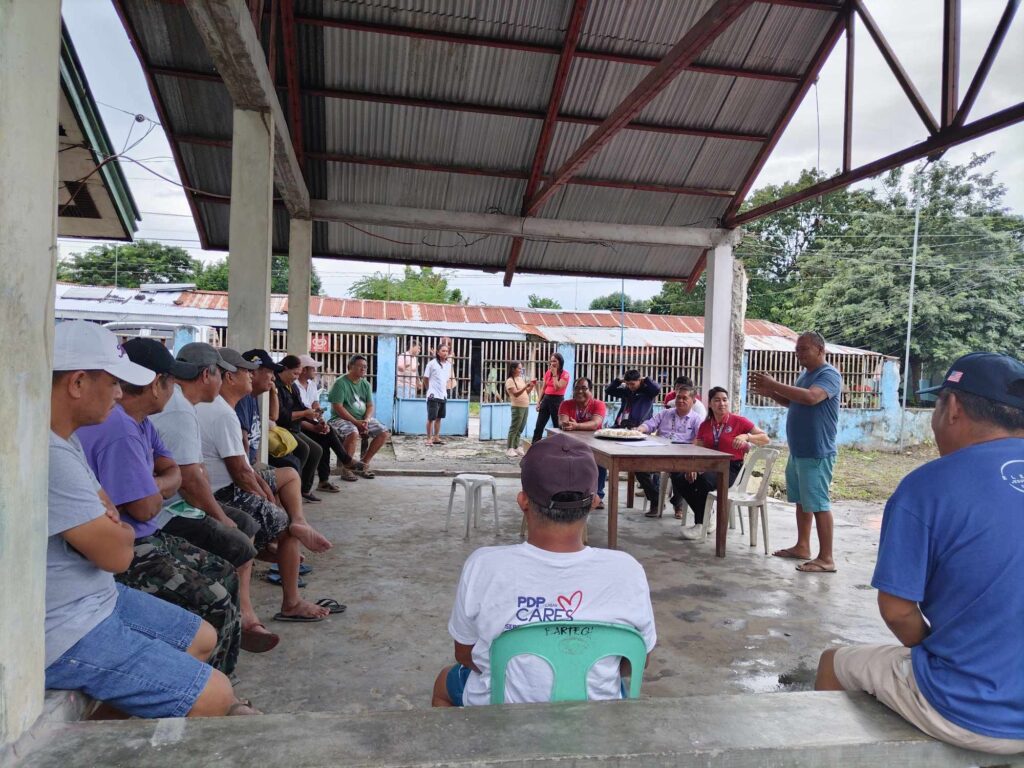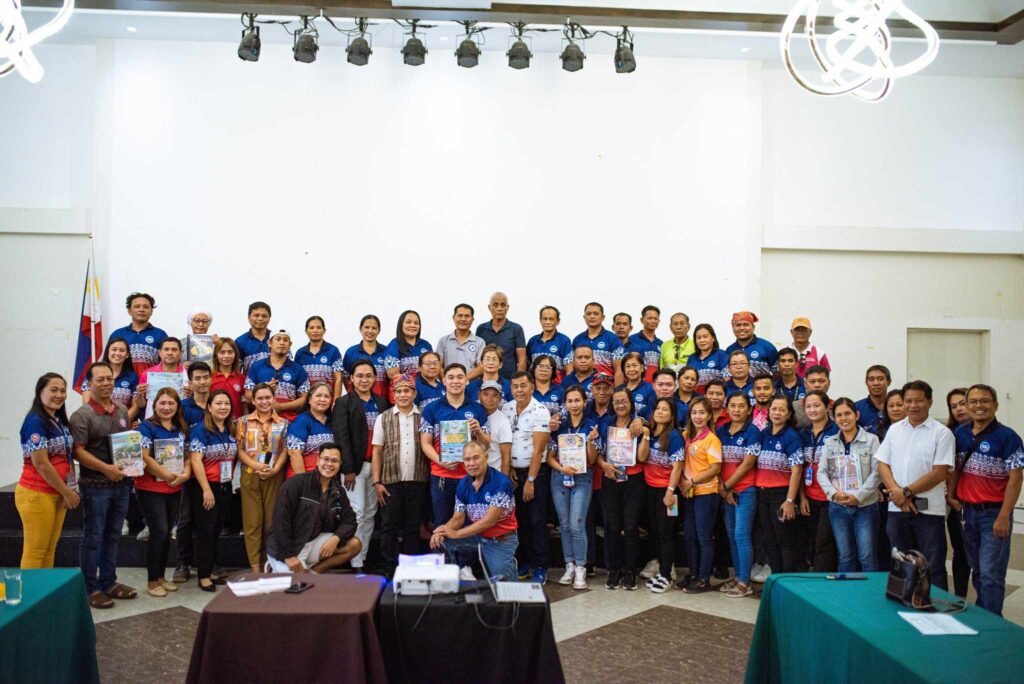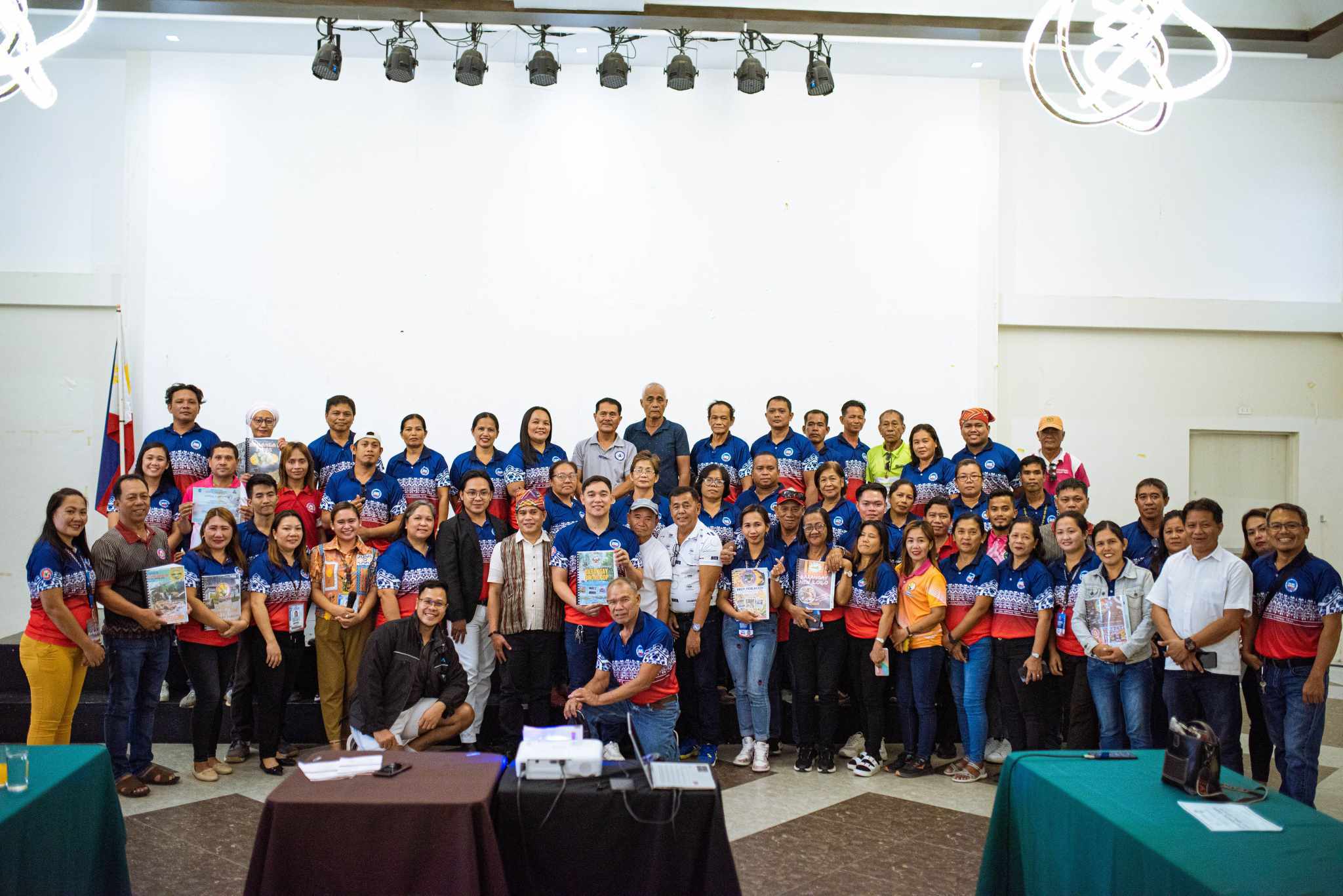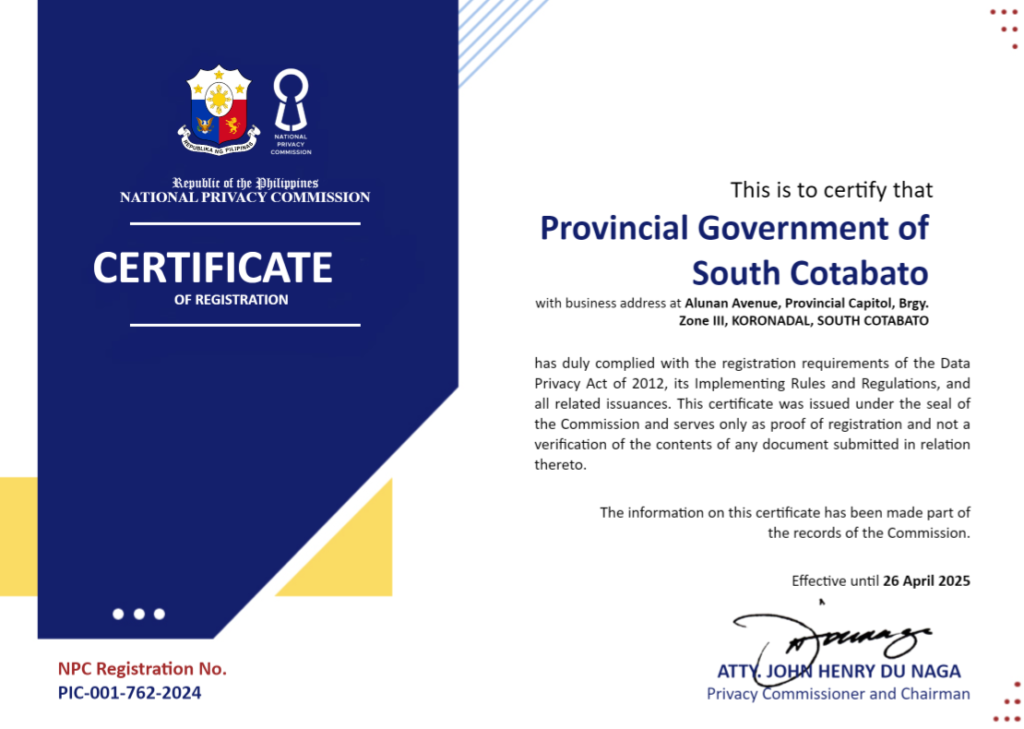Koronadal City—Government cultural workers here are negotiating on the standard regulations in selling and purchasing indigenous fabric like tnalak and tabih to be adopted in 2022.
Indira Cagaana, Arts and Culture Head, said the policy statements build more conscious consumers and sellers.
“Our tnalak and tabih bring unique opportunities for our cultural communities, but there are complex challenges for the art and culture sector because it encompasses beliefs of our indigenous people,” Cagaanan said in an interview.
This June 3, the Arts and Culture section conducts a Stakeholder’s Forum to consider possible gaps and lay down an economically viable framework. The forum gathers master dreamweavers, cultural workers, business, local policymakers, culture-related government agencies, culture coordinators, and even fashion designers.
The team is holding a series of three informal substantive consultation meetings this year. During the first forum last February, the group identified beliefs that enveloped the use of indigenous textiles of South Cotabato.
The Arts and Culture Section will endorse recommendations this year. The meeting aim to identify opportunities for cultural integrity and authenticity.
Florenz Tugas, a professor from La Salle and the facilitator of the forum, pointed out the economic significance of tnalak and tabih fabric and a sustainable income for the weaver’s life.
“We are looking into the trade of indigenous fabric without compromising cultural integrity,” Tugas said.
The misuse of this native fabric and disintegration of meaning to the producers affects the industry, Tugas said.
He also stressed out hotels, restaurants, and other tourist establishments often purchase tnalak and tabih to enhance their facilities, further contributing to craft revenues but misappropriate its uses.
“We wanted to consult our indigenous people to have direct input into decision making. They must have a say in decisions about the presentation of their culture,” he said.
He concluded that government needs to find ways to balance craftsmanship with economic benefit.
